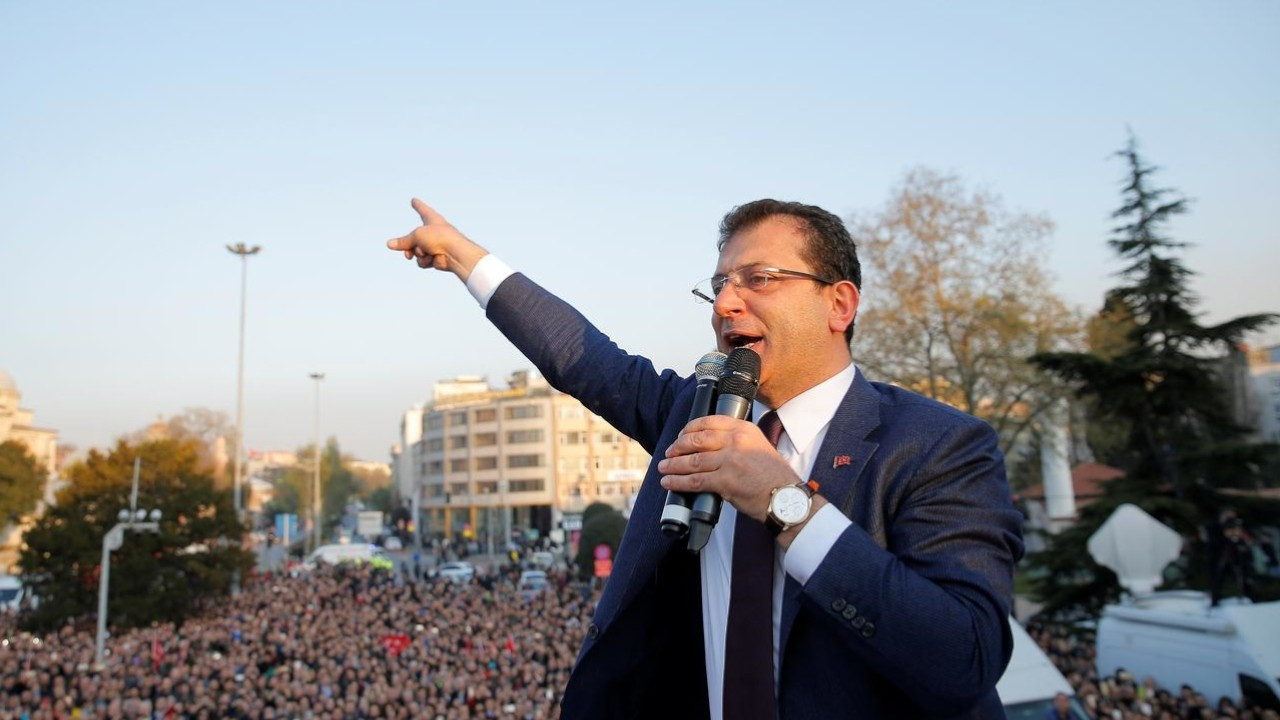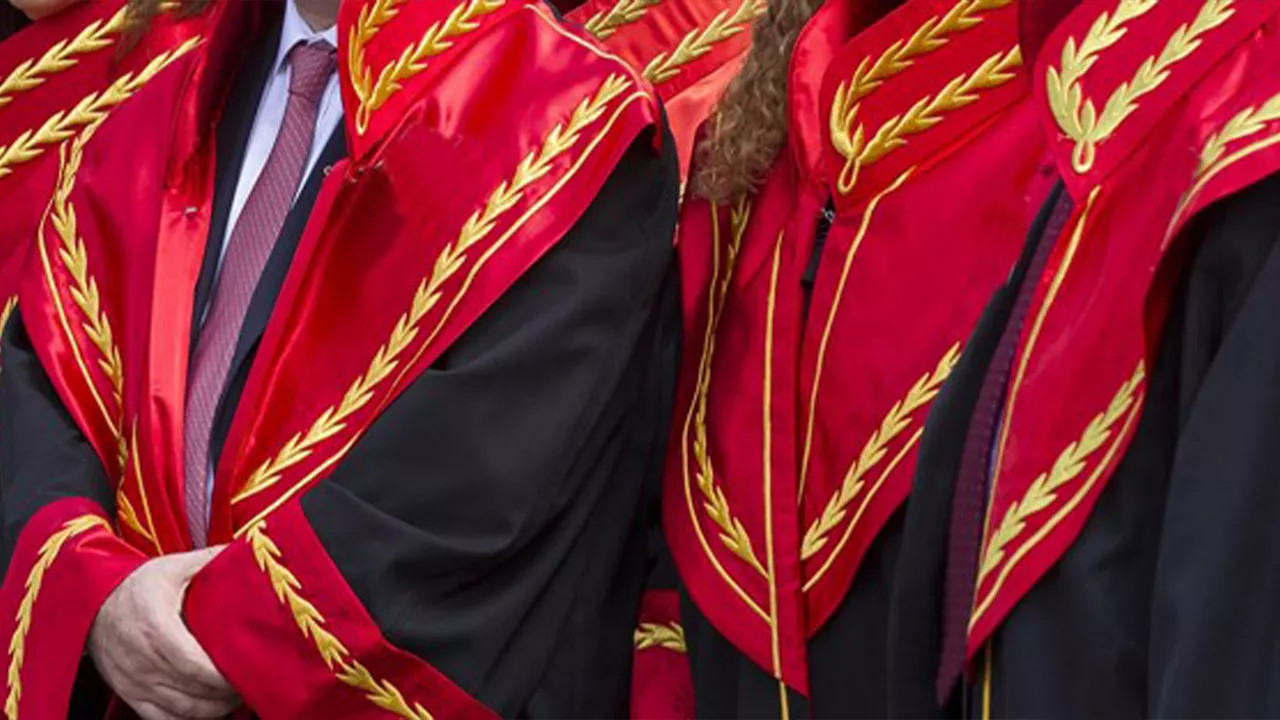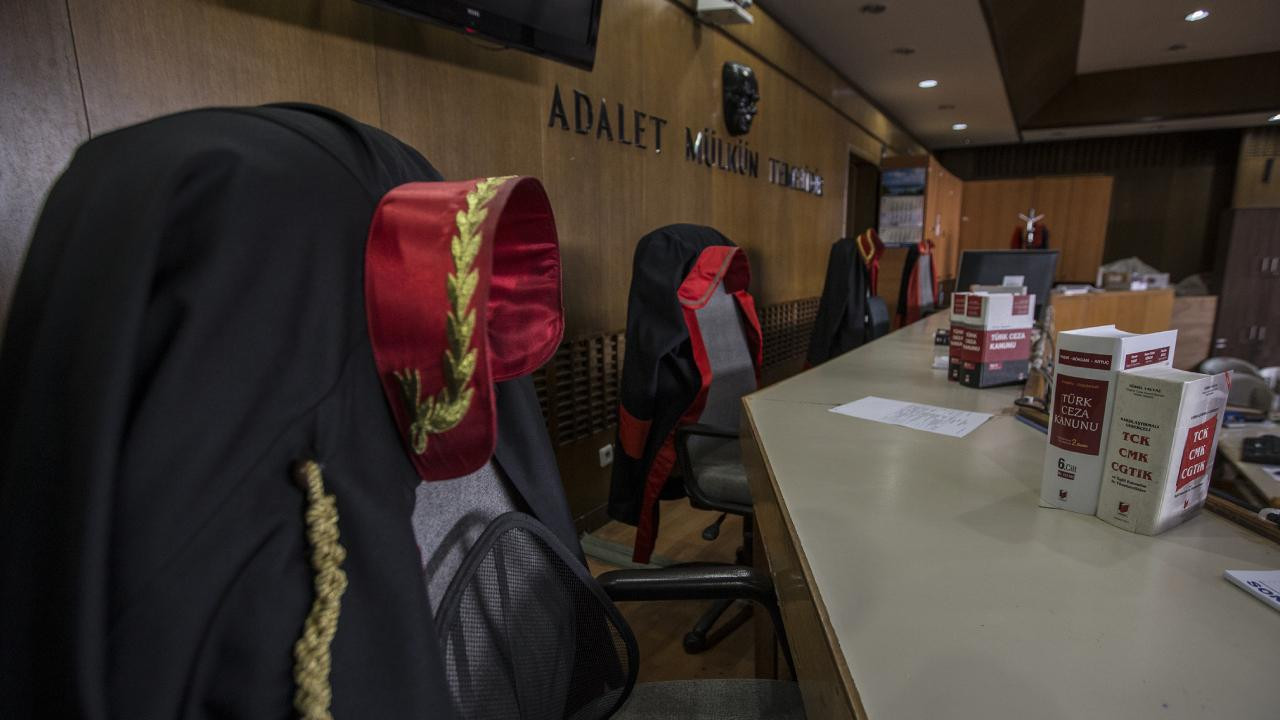Istanbul chief public prosecutor alerts top judicial body to corrupt judges and 'judicial cliques'
Istanbul Anatolian Chief Public Prosecutor İsmail Uçar sent a letter to Turkey’s top judicial body HSK to warn that some judges took bribes, engaged in misconduct, and formed “judicial cliques.”
Duvar English
Istanbul Anatolian Chief Public Prosecutor İsmail Uçar on Oct. 6 sent a letter to the Council of Judges and Prosecutors (HSK) regarding the allegations of bribery and misconduct in the cases held at Istanbul’s Anatolian courthouse, according to the reporting of Timur Soykan from the daily BirGün.
The Chief Prosecutor also instructed the Terrorism and Organised Crimes Investigation Bureau to prepare a report on a large number of judges’ decisions in the courthouse.
In the letter to Turkey’s top judicial body, Uçar stated, “We have sadly observed that while we are struggling to create a cleaner society for future generations for the sake of our homeland, some members of the judiciary have started to feel entitled to do all kinds of dirty work.”
He noted some “judicial cliques” in the courthouse and added, "If necessary, we need to apply chemotherapy to destroy the gangs that have started to form within the judiciary and eradicate the cancerous cell."
Uçar said that the judges in question should be identified and their assets should be investigated and claimed that they had issued release orders and blocked access to news in exchange for money.
The chief prosecutor stated that a judge in the courthouse released the defendants who were seized with 125 kilos of methamphetamine and cocaine in Istanbul after two months despite the objections of the prosecutor's office.
The same court released a defendant, who had robbed 1.5 million euros and was about to flee abroad, six months later, again against the objection of prosecutors. The same court also released the leaders of an illegal organization arrested in the illegal betting operation after two months.
In addition to these, the release of a large number of drug suspects was added to Uçar's letter to the HSK.
He also stated that when the number of judges and prosecutors, which decreased after the coup attempt in 2016, increased rapidly, the quality of judicial personnel inevitably lost altitude and public distrust of the judiciary began to emerge.
The prosecutor even said that some prosecutors and judges in the court were involved in even "dirtier relations than the former Fetulahist Terrorist Organization (FETÖ) members."
He said in the letter that some judges selected cases specifically for themselves and made decisions in these cases in return for money.
Some high-level judges, on the other hand, had judges removed from duty who made decisions that could cause trouble or did not suit their interests, according to Uçar.

 Turkey’s top judicial body changes Istanbul Mayor İmamoğlu’s appeal court committeePolitics
Turkey’s top judicial body changes Istanbul Mayor İmamoğlu’s appeal court committeePolitics Turkey’s top judiciary body relocates judge who voted in favor of Osman Kavala's releaseDomestic
Turkey’s top judiciary body relocates judge who voted in favor of Osman Kavala's releaseDomestic Top judicial body dismisses judge who objected to Erdoğan’s third-time candidacyDomestic
Top judicial body dismisses judge who objected to Erdoğan’s third-time candidacyDomestic